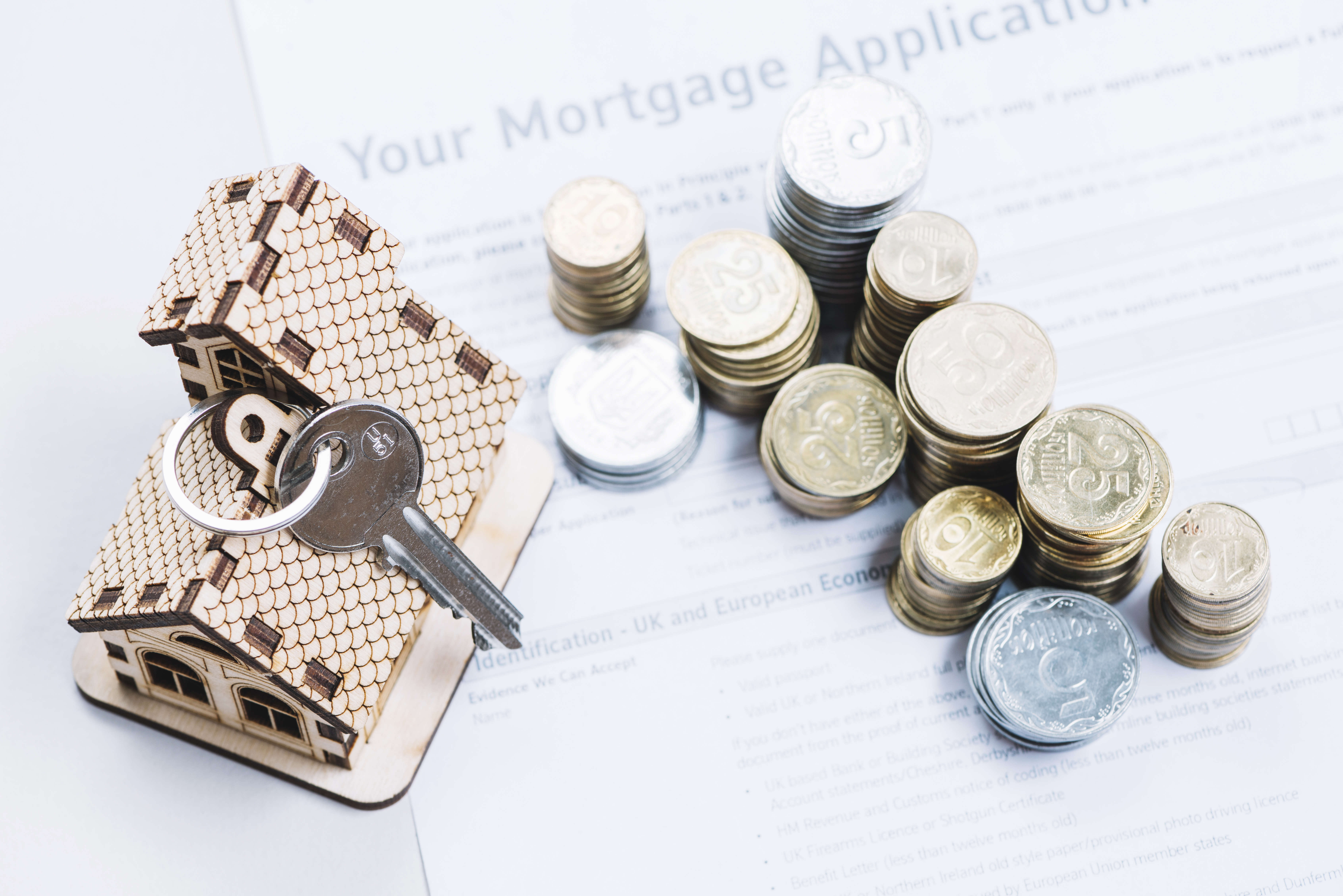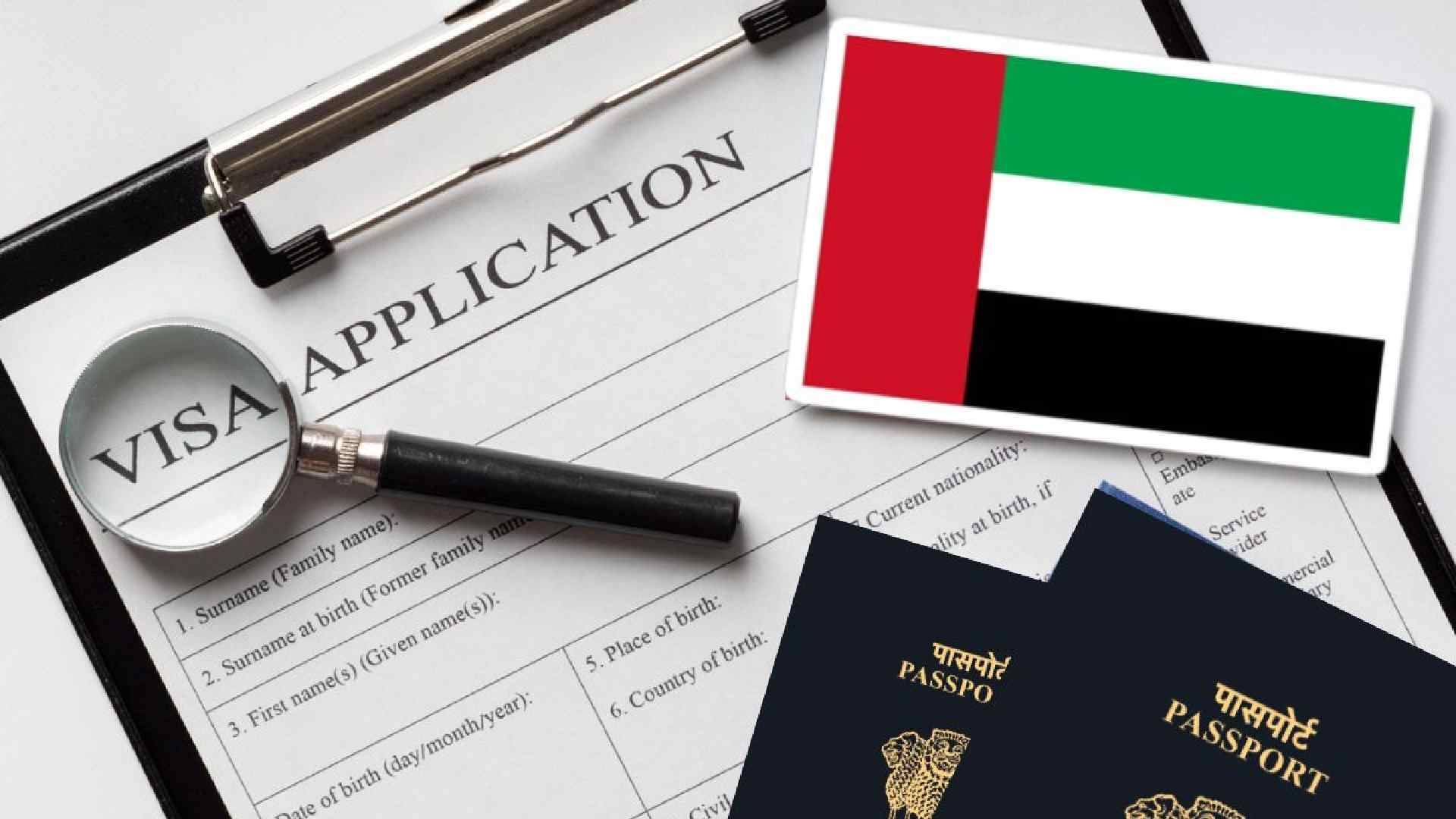DUBAI PROPERTY MORTGAGE GUIDE STEP-BY-STEP FOR HOME FINANCING IN THE UAE
Financing a property in Dubai through a mortgage is a popular option for residents and non-residents alike. Whether you’re buying a home to live in or investing for the long term, understanding the mortgage process is essential.
YOUR STEP-BY-STEP GUIDE TO GETTING A MORTGAGE IN DUBAI
Dubai offers a wide range of mortgage options through local and international banks. From pre-approval to registration, the financing process involves several regulatory and financial steps. Here’s what you need to know before committing to a property purchase with a home loan.

Check Your Eligibility
Before applying, banks assess your eligibility based on income, nationality, residency status, existing liabilities, and credit history. Typically, your total monthly debt repayments—including the new mortgage—should not exceed 50% of your income.
Understand Down Payment Requirements
The UAE Central Bank requires:
• Residents: Minimum 20% down payment for properties under AED 5
million (30% for second homes)
• Non-residents: Minimum 50% down payment regardless of property
value
These percentages exclude additional costs like DLD fees and bank
charges.
Get Mortgage Pre-Approval
Before you start viewing properties, it’s advisable to get a mortgage preapproval letter from your chosen bank. This document confirms your borrowing capacity and signals to sellers and agents that you are a serious buyer. Pre-approvals typically remain valid for 60–90 days.
Choose the Right Mortgage Type
Banks in the UAE offer several mortgage structures:
• Fixed-rate mortgage (1–5 years fixed, then variable)
• Variable-rate mortgage (tied to EIBOR or bank’s base rate)
• Offset or hybrid options for more flexibility
Our in-house advisors can help you compare terms, interest rates, and
repayment options tailored to your goals.
Submit the Required Documents
To proceed with your mortgage application, banks generally require:
• Valid passport (and visa for residents)
• Emirates ID (for residents)
• Salary certificate or income proof
• Bank statements (last 6 months)
• Credit report
• MOU and property details (at later stage)
Final Loan Offer and Valuation
Once your chosen property is confirmed, the bank will conduct a valuation. The loan offer is then finalized based on the valuation amount, not necessarily the sale price. The bank may finance up to 80% of the valuation.
Mortgage Registration and Property Transfer
Upon acceptance of the final offer, the mortgage is registered with the Dubai Land Department, and your property transfer takes place at the DLD trustee office. Associated mortgage registration fees are typically 0.25% of the loan amount plus admin fees.
Need help securing the best mortgage rate in Dubai?
At Housinova, our property finance specialists work with leading UAE banks to offer competitive rates, faster approvals, and tailored solutions for every buyer. Contact us today for a free consultation.







